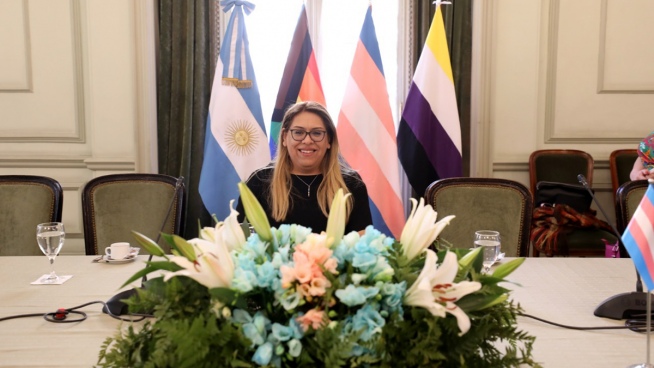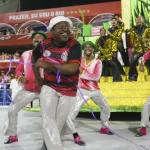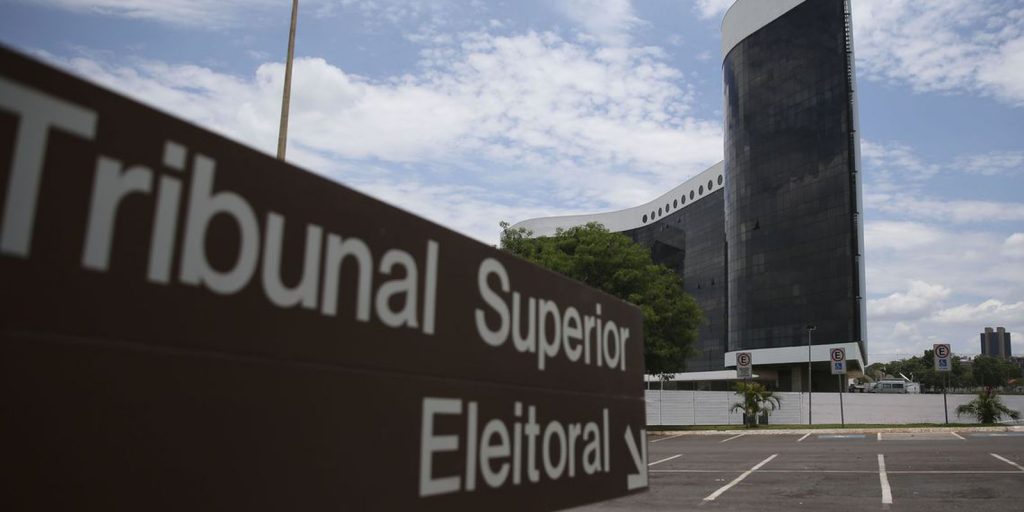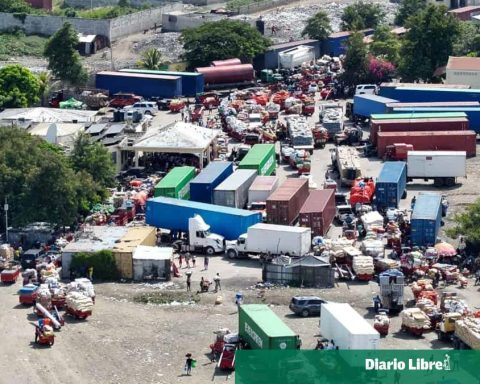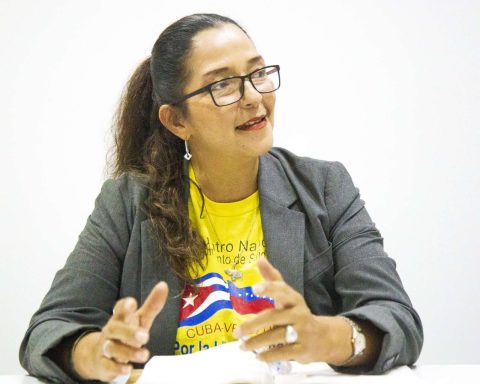The Malvinas Question and its literary dimension with a gender perspective They will be the axes of a meeting of writers that will take place next week at the Palacio San Martínwith the idea of resignifying the conflict of 1982 and distancing itself from the precepts that tie war to a heritage of masculinities.
“Literature and culture in general are proofs of sovereignty: there are 189 years of uninterrupted poetry about the islands and the link between Malvinas and gender has always existed, since the first narrative text of 1833, the diary of María Sáez de Vernet, wife of the first governor of the Malvinas Islands”, he reflected in dialogue with Télam the writer Victoria Torres.
Torres, co-author of the anthology “The Less Thought War. Stories and Memories of Malvinas”, which brings together the work of 17 authors from different generations and aesthetics, will be part of a panel of writers also made up of Raquel Robles, Nicolás Correa, Florence Martyr and Frida Herz.
“Thinking Malvinas is not only what happened in 1982, but the historical dimension of the women who inhabited the islands”Alba Rueda, the militant of the LGBTI+ movement and special representative on Sexual Orientation and Gender Identity of the Foreign Ministry, who will act as moderator of the panel, told this agency.
Under the title “Gender and Diversity, Think Malvinas at 40 years”the debate will take place next Tuesday from 3:00 p.m. in the Libertador Hall of the San Martín Palace and the presentation will be in charge of the Secretary of Malvinas, Antarctica and the South Atlantic, Guillermo Carmona.
The proposal aims to “Share views and delve into an exchange with a gender perspective, between new generations that resignify war from their experiences”Wheel stressed.
“The latest literary works reflect the way in which Malvinas went through the lives of everyone, everyone; it is not something that has to be placed in the exclusive sector of masculinities and this meeting seeks to record that,” said Torres.
In the same way, it was outlined some time ago by the writer Frida Herz, author of “Hasta el arcoíris”, a feminist work that focuses on the “intimacy of the families of the soldiers after the war”.
“Recognizing the consequences of the war in the life of a person who did not fight on the islands, but whose childhood was destroyed by the war: Sofía, the sister of an ‘Argentine soldier only known by God`”defined the author in reports to other media.
With this approach, Herz argued that the war did not end in 1982 and, as it is still open -in this case for the sister of a dead soldier-, “It can sneak in at any time, in the face of any stimulus, even in motherhood itself and in the social mandates that the protagonist cannot accept.”
Florencia Mártire, another of the panelists, is a communicator, journalist, daughter of a deceased ex-combatant from La Plata and author of “El baúl de Malvinas”, in which she reconstructs the story of her father and the pain of the years after the war, in a historical context in which what happened was silenced.
Also part of the activity will be the journalist, teacher and human rights activist Raquel Robles, who wrote “Little Fighters”, a book that explores the childhood universe of the children of the disappeared.
Nicolás Correa, another of the authors who will be part of the panel, published in 2018 “Heroin, the gaucho war”, a fiction written in the first person about the experiences of a trans girl who “traveled for love to the Malvinas war”, according to the writer synthesized.
In addition to the literary approach, the debate organized by the Foreign Ministry emerges as an invitation to think about Malvinas with a gender perspective and to vindicate the historical perspective of poets and writers, pre-existing the 1982 war.
